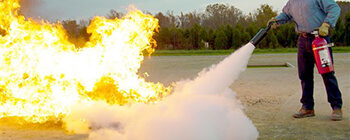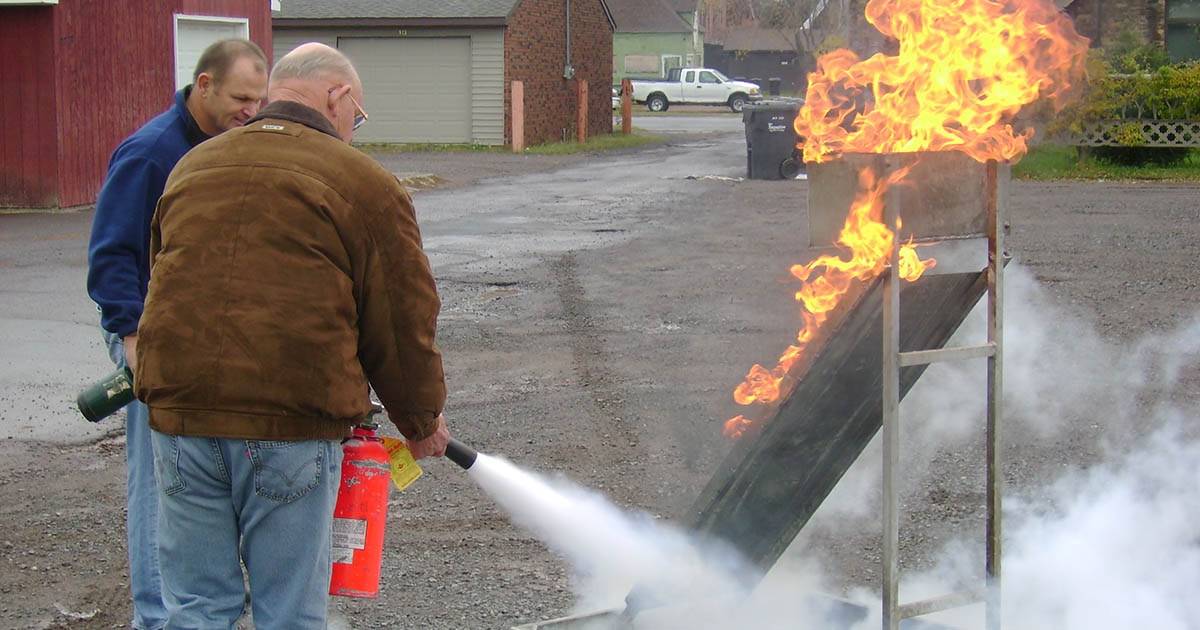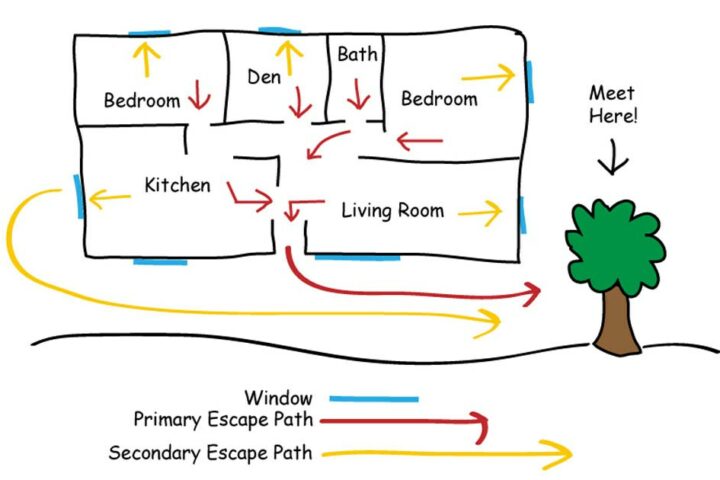Fire Extinguishers & Beyond: 5 Important Fire Safety Training Questions
Ensuring your employees are well-versed in fire safety is key to preventing unwanted flames from taking over, resulting in property damage and serious injuries. A fire safety training class teaches you and your team how to use fire extinguishers and other important safety skills that keep your business standing and OSHA-compliant. Get the most from your fire safety course by asking the following questions prior to signing up.
5 Common Safety Training Course FAQs

What Course Is Best for My Team?
The best course for your staff goes over emergencies most likely to occur with your type of business. Training leaders must inspect your facility prior to the first class to create a customized course that teaches employees more about the building they work in and what to do in case of an emergency.
Where Will Training Occur?
Many classes occur outdoors due to fire pit and fire extinguisher use. However, the best courses are those that simulate emergencies and subsequent procedures on location. Digital technology avoids starting actual fires indoors and provides employees with the training they need.

Who Is Instructing the Course?
First responders and firefighters are among the best professionals to teach fire safety because of their knowledge and experience. They know how emergencies start, are experts in fire suppression systems, and share real-life experiences and stories to paint a more vivid picture of safety practices.
What Does the Course Teach?
Basic training courses teach how and when to use fire extinguishers, and how to exit buildings safely. Knowing when to use an extinguisher and when to leave the blaze to professionals can be the difference between life and death.
Are There Any Additional Costs?
Use of fire equipment can result in a higher training fee, as can obtaining a burn permit for outdoor demonstrations. Failure to use a burn permit can incur costs as well. Simulated training is arguably the best option, as it does not require equipment use or permits, nor does it result in high fees and long cleanup sessions.



